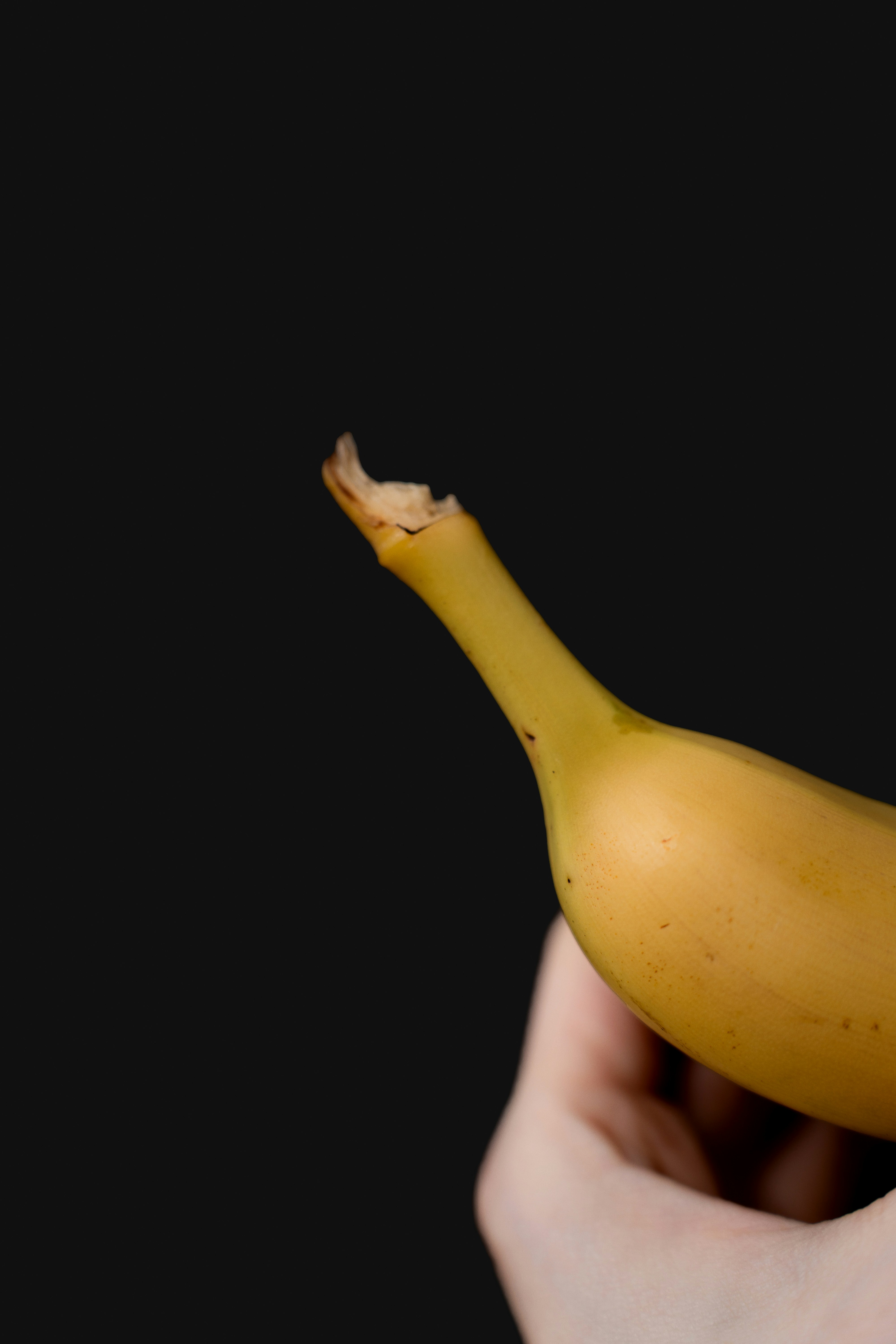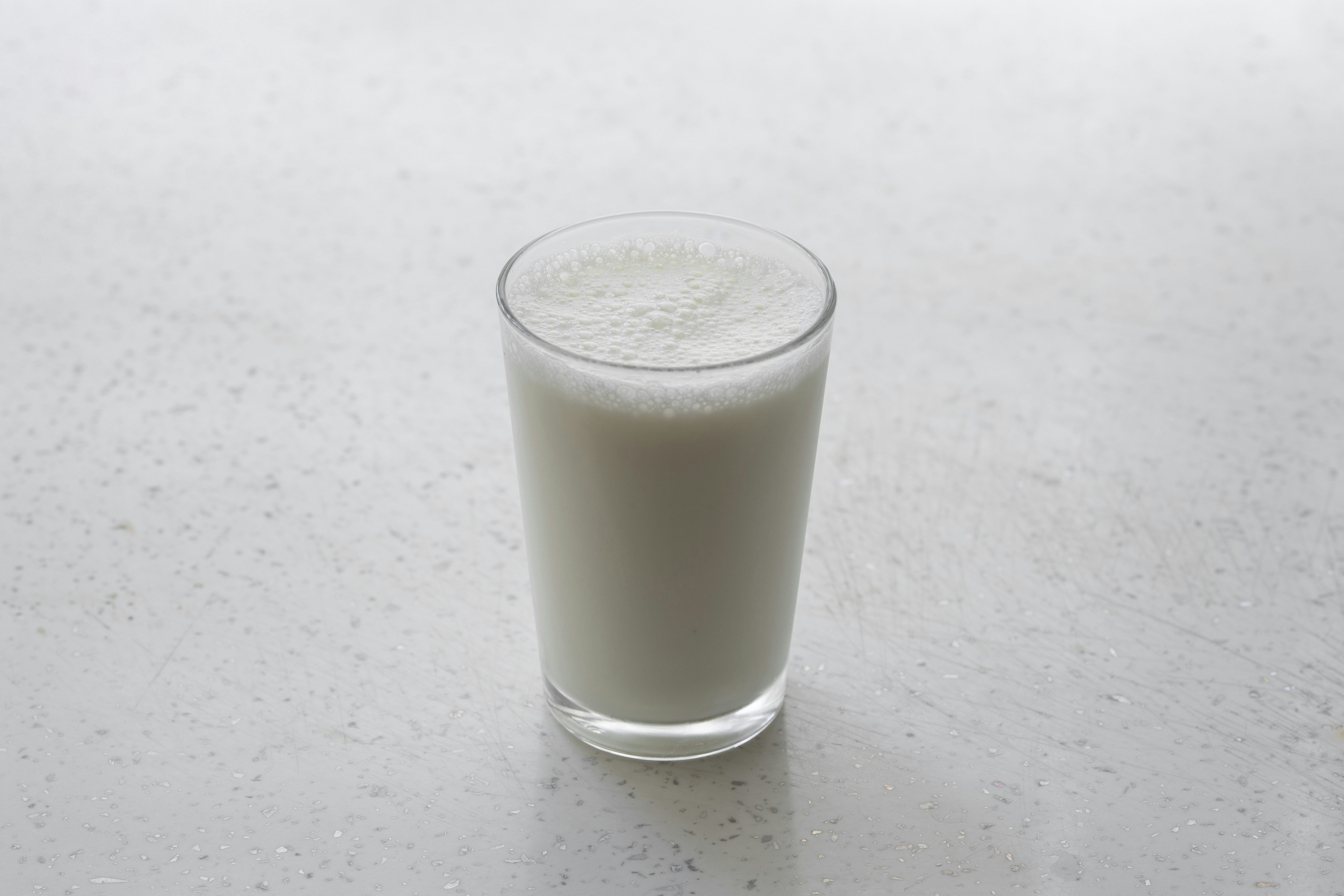In order to prevent kidney stones, it is crucial to understand the significance of dietary calcium. Contrary to popular belief, consuming an adequate amount of calcium-rich foods can actually reduce the risk of developing kidney stones. This article explores the reasons behind this connection and highlights the importance of incorporating calcium into your diet as a preventative measure against kidney stones. By debunking common misconceptions and providing valuable insights, you will gain a newfound appreciation for the role of dietary calcium in maintaining kidney health.
What Are Kidney Stones?
Kidney stones are small, hard deposits that form in the kidneys. They are composed of various substances, such as calcium, oxalate, uric acid, and cystine. These stones can range in size from a grain of sand to a pebble and can cause intense pain and discomfort when they pass through the urinary tract.
Causes of Kidney Stones
There are several factors that contribute to the formation of kidney stones. One of the main causes is a high concentration of certain substances in the urine, such as calcium and oxalate. Other factors include dehydration, certain medical conditions, family history, and certain medications.
Symptoms of Kidney Stones
When a kidney stone moves through the urinary tract, it can cause several symptoms. Common symptoms include intense pain in the back or side, blood in the urine, frequent urination, and a burning sensation when urinating. In some cases, a kidney stone may cause no symptoms until it becomes lodged in the urinary tract.
Role of Calcium in Kidney Stone Formation
Calcium is often associated with the formation of kidney stones, but it actually plays a complex role. When calcium combines with other substances, such as oxalate, it can form stones. However, calcium is also needed by the body for various functions, including maintaining bone health.
Calcium Oxalate Stones
Calcium oxalate stones are the most common type of kidney stone. They form when there is an excess amount of oxalate in the urine, which combines with calcium to form crystals. These crystals can then grow and develop into larger stones.
Calcium Binding to Oxalate
Calcium has the ability to bind to oxalate in the intestine, reducing its absorption into the bloodstream. This is beneficial because high levels of oxalate in the urine can increase the risk of stone formation. By binding to oxalate in the digestive tract, calcium can help prevent oxalate from reaching the urinary tract and forming stones.
Calcium Supplementation and Stone Formation
There is ongoing debate about the role of calcium supplementation in kidney stone formation. Some studies suggest that high doses of calcium supplementation may increase the risk of stone formation, while others show no significant association. It is important to consult with a healthcare professional before starting any calcium supplementation.
Understanding Dietary Calcium
Dietary calcium is an important consideration when it comes to kidney stone prevention. It is recommended to meet the daily calcium requirement through food sources rather than relying heavily on supplements.
Recommended Daily Calcium Intake
The recommended daily intake of calcium varies depending on age and gender. For most adults, 1000-1200 milligrams per day is recommended. However, it is important to note that individual needs may vary, and it is best to consult with a healthcare professional to determine the appropriate intake for you.
Food Sources of Calcium
There are many food sources of calcium that can be incorporated into a balanced diet. Dairy products such as milk, cheese, and yogurt are excellent sources of calcium. Other sources include leafy green vegetables, tofu, almonds, and sardines. Including a variety of calcium-rich foods in your diet can help ensure an adequate intake.
Calcium and Kidney Stone Prevention
Contrary to popular belief, dietary calcium can actually help prevent kidney stone formation when consumed in appropriate amounts.
Calcium from Food vs Supplements
Obtaining calcium from food sources is generally more beneficial than relying solely on supplements. Food sources of calcium often contain other nutrients and minerals that can aid in the absorption and utilization of calcium in the body. It is also important to note that excessive calcium supplementation may increase the risk of stone formation, as mentioned earlier.
Calcium and Oxalate Balance
Maintaining a balance between calcium and oxalate is crucial for kidney stone prevention. Consuming adequate amounts of calcium can help bind to oxalate in the digestive tract, reducing its absorption and subsequent excretion in the urine. This can help prevent the formation of calcium oxalate stones.
Importance of Adequate Hydration
Staying well-hydrated is essential for kidney stone prevention. Drinking plenty of water helps dilute the urine and flush out any crystal-forming substances. Aim to drink at least 8 glasses of water per day, or more if you are physically active or live in a hot climate.
Other Factors Influencing Kidney Stone Formation
While calcium and oxalate are important factors, there are other dietary and lifestyle factors that can influence the formation of kidney stones.
High Oxalate Foods
In addition to calcium, the intake of oxalate-rich foods can contribute to the formation of oxalate stones. Examples of high oxalate foods include spinach, rhubarb, beets, and chocolate. Limiting these foods or pairing them with a source of calcium can help mitigate the risk of stone formation.
Sodium Intake
High sodium intake can increase the excretion of calcium in the urine, leading to a higher risk of stone formation. It is important to reduce sodium intake by limiting processed and packaged foods, and opting for fresh, whole foods instead.
Protein Intake
Excessive protein intake, especially from animal sources, can lead to an increase in uric acid and calcium excretion in the urine, which can contribute to stone formation. Balancing protein intake with other essential nutrients is crucial for kidney stone prevention.
The Role of Vitamin D and Calcium Absorption
Vitamin D plays a critical role in calcium absorption and utilization in the body. It helps the intestines absorb calcium efficiently and promotes its incorporation into bone tissue.
Vitamin D and Calcium Absorption
Vitamin D assists in the intestinal absorption of calcium, ensuring that an adequate amount is absorbed into the bloodstream. This is important for maintaining proper calcium levels and preventing the formation of kidney stones.
Sunlight Exposure and Vitamin D Synthesis
The primary source of vitamin D is sunlight exposure. When the skin is exposed to sunlight, it produces vitamin D, which is then converted into its active form in the body. However, certain factors such as geography, time of year, and skin pigmentation can affect the amount of vitamin D synthesized from sunlight. In some cases, supplementation may be necessary to ensure adequate vitamin D levels.

Lifestyle Modifications for Kidney Stone Prevention
In addition to dietary changes, certain lifestyle modifications can help prevent kidney stone formation.
Dietary Recommendations
Following a balanced diet that incorporates a variety of calcium-rich foods, limits high oxalate foods, and reduces sodium and protein intake can be beneficial for kidney stone prevention. It is important to work with a healthcare professional or registered dietitian to create an individualized plan that suits your specific needs.
Weight Management and Physical Activity
Maintaining a healthy weight and engaging in regular physical activity can help reduce the risk of kidney stone formation. Physical activity can help promote proper digestion and metabolism, while weight management can prevent the accumulation of excess substances that can contribute to stone formation.
Limiting Alcohol and Caffeine
Alcohol and caffeine can have a diuretic effect, which can lead to dehydration and an increased risk of stone formation. Limiting the intake of alcohol and caffeine, as well as staying adequately hydrated, is important for kidney stone prevention.
Consulting a Healthcare Professional
If you have a history of kidney stones or suspect that you may be at risk, it is important to consult with a healthcare professional. They can provide individualized dietary advice and recommend appropriate medical treatments if necessary.
Individualized Dietary Advice
A healthcare professional or registered dietitian can assess your specific needs and provide personalized dietary recommendations to help prevent the formation of kidney stones. They can take into account your medical history, lifestyle factors, and any medications you may be taking.
Medical Treatments for Kidney Stones
In some cases, medical treatments may be necessary to prevent or remove kidney stones. These treatments can range from medication to surgery, depending on the size and location of the stones. It is important to follow the advice of a healthcare professional and seek appropriate medical intervention if needed.

Conclusion
Kidney stones can be a painful and uncomfortable condition, but the good news is that there are steps you can take to prevent their formation. Paying attention to your dietary calcium intake, staying hydrated, and making lifestyle modifications can all contribute to reducing the risk of kidney stones. Remember to consult with a healthcare professional for personalized advice and guidance. With the right approach, you can help maintain the health of your kidneys and reduce the chances of kidney stone formation.




